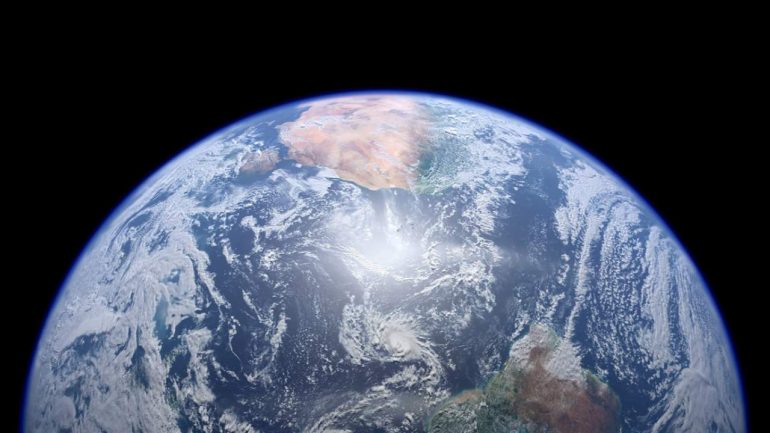On Monday (9th August), the United Nations panel on climate change warned that global warming was perilously close to being uncontrollable and that people were solely to blame.
The scientists forming the report from the IPCC (Intergovernmental Panel on Climate Change) warned everyone and said that the levels of Greenhouse Gas are already high in the atmosphere which guarantees climate disruption for decades.
To put it another way, the fatal heat waves, massive hurricanes, and other weather extremes that are presently occurring will only get worse. 500,000 acres of woodland burned in California alone on Monday, as tourists in Venice plunged through ankle-deep water in St Mark’s Square.
The average global temperature is projected to hit or cross the 1.5-degree Celsius warming barrier within 20 years unless fast, rapid, and large-scale action is taken to reduce emissions. The pledges made so far to reduce emissions are insufficient to begin reducing the number of greenhouse gases, primarily carbon dioxide (CO2), accumulating in the atmosphere because of burning fossil fuels.
Boris Johnson, the British Prime Minister, said he hoped the study would serve as a “wake-up” call for the world to act now.
The report suggests that the emissions driven by human activities have already risen the average global temperature by 1.1°C since pre-industrial times. It would have raised it by 0.5°C more if the pollution in the atmosphere had not tempered it. A temperature rise of 1.5°C is often regarded as the maximum that humanity can tolerate without experiencing major economic and social disruption.
The 1.1°C warning was enough to bring on severe weather. Heatwaves in the Pacific Northwest killed hundreds of people this year, shattering records across the world. Wildfires sparked by heat and dryness are destroying entire cities in the United States West. The Greeks are forced to flee from their homes due to these wildfires.
If the average global temperature rises more then the world will fall to a point in which people will start dying just by going outside of their homes.
Bob Kopp, IPCC co-author and a climate scientist said that the more climate system is pushed, the more It pushes the odds of humans making it through this climate change.
Even if emissions are cut in half during the next decade, average temperatures could rise 1.5°C by 2040 and 1.6°C by 2060 before stabilizing. If the globe continues its current path, temperatures might climb to 2.0°C by 2060 and 2.7°C by the end of the century.
The Earth hasn’t been this warm since the Pliocene Epoch three million years ago when humanity’s first ancestors appeared. If warming generates feedback loops that release even more climate-warming carbon emissions, such as the melting of Arctic permafrost or global forest dieback, things might become even worse.



